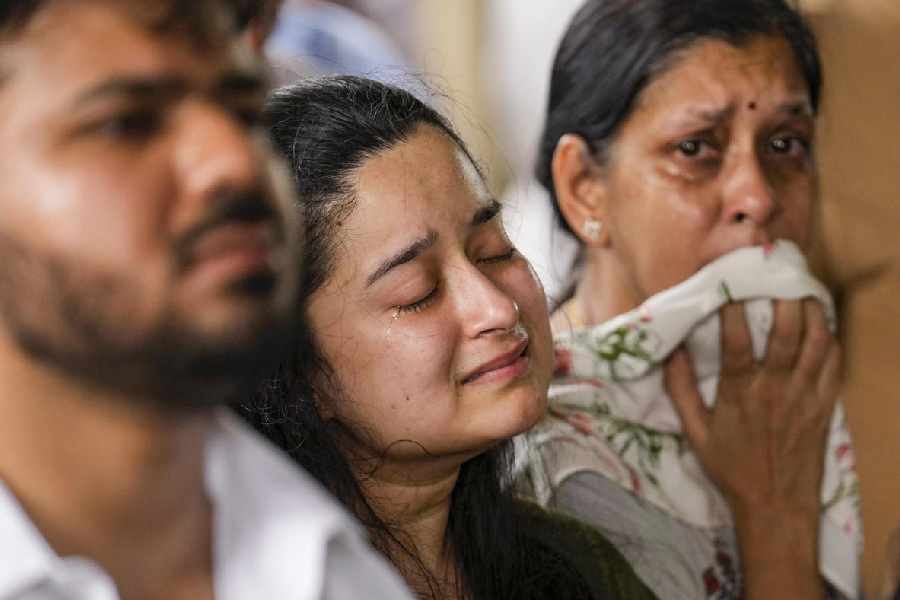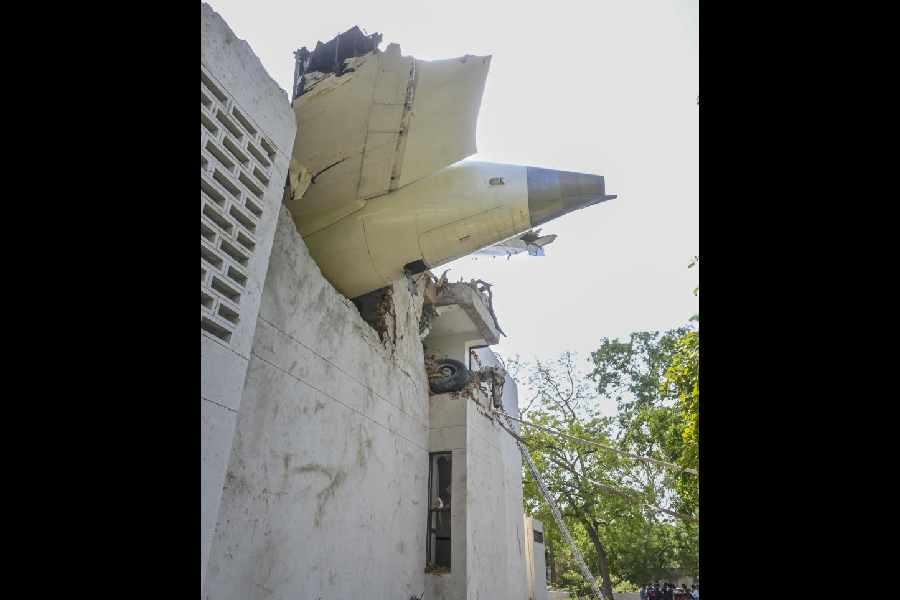India’s aviation regulator on Monday asked airlines to inspect fuel switch locks in their Boeing 787 and 737 aircraft, days after a preliminary probe report attributed the Air India 171 crash to commanded switch cut-offs, not defects.
The Directorate General of Civil Aviation (DGCA) said it had noted that several aircraft operators had initiated inspection of their fleet under a “Special Airworthiness Information Bulletin” issued by the US Federal Aviation Authority (FAA) in December 2018.
The FAA bulletin had referred to “the potential disengagement” of the fuel control switch locking feature, based on reports from operators of Boeing 737 aircraft that the switches had been installed with the locking
feature disengaged.
“All airline operators of the affected aircraft are advised to complete the inspection… no later than July 21, 2025,” the DGCA said in its Monday order, according to a PTI report. The DGCA has asked the airlines to submit their inspection plans and the accomplishment of the
check reports.
Air India, Air India Express, Akasa Air and SpiceJet are among the domestic carriers operating Boeing 787 and 737 aircraft, the PTI
report said.
Sections of pilots said the DGCA order could be interpreted as a measure of abundant caution, but it appears inconsistent with the observations made by India’s Aircraft Accident Investigation Bureau (AAIB) in its preliminary report on the AI171 crash in Ahmedabad on June 12.
While the AAIB had referred to the FAA’s December 2018 bulletin on the locking feature, it had also said the concern was “not considered an unsafe condition that would warrant (an) airworthiness directive (AD) from the FAA”.
An airworthiness directive from the FAA is a legally binding order that requires mandatory action to address a known safety issue, while the airworthiness information bulletin is a non-mandatory guidance intended to inform or recommend best practices.
Air India had not carried out the suggested inspections as the FAA bulletin “was advisory and not mandatory”, the AAIB report said, adding that there had been “no defect reported pertaining to the fuel control switch” since 2023 on the crashed aircraft.
Aviation experts and pilots say if the crash probe had found defects in the fuel switch locks or any other faults in the aircraft or engines, the report would have said so.
The AAIB has, however, stated “at this stage of the investigation, there are no recommended actions” for Boeing 787 operators or for General Electric, which made the engines.
“Based on current impressions, this report suggests there was nothing wrong with the aircraft or the engines,” an aviation analyst said on Monday, adding that the selective release of the cockpit voice recorder data has fueled confusion and speculation.
The AAIB report says one pilot asked the other why he had cut off (the fuel), and the other replied he had not. Pilots on Sunday questioned why the AAIB summarised the cockpit dialogue instead of releasing the full transcript.
With speculation that one pilot moved the switches — accidentally or otherwise — pilots say the full transcript would be critical to the investigation.

Bereaved family members of Shagun Modi and Shubh Modi, victims of the Air India plane crash, during their last rites at a crematorium, in Ahmedabad. PTI
The cockpit voice recorder captures each pilot on separate channels, so investigators know exactly who said what, said Captain Mohan Ranganathan, a former Boeing 737 instructor and aviationsafety consultant.
Experts say it would also show who said “Mayday, Mayday, Mayday” shortlybefore impact.
“A summarised snippet of the transcript should not have been released — it is actually this that has stirred all kinds of speculation,” the analyst said.
Minister of state for cooperation and civil aviation Murlidhar Mohol on Saturday urged people not to speculate. “Ironically, the AAIB report has created conditions for confusion and speculation,” the analyst said.
Air India 171, bound for London Gatwick, crashed soon after takeoff from Ahmedabad on June 12, killing 241 people on board and many others on the ground.











